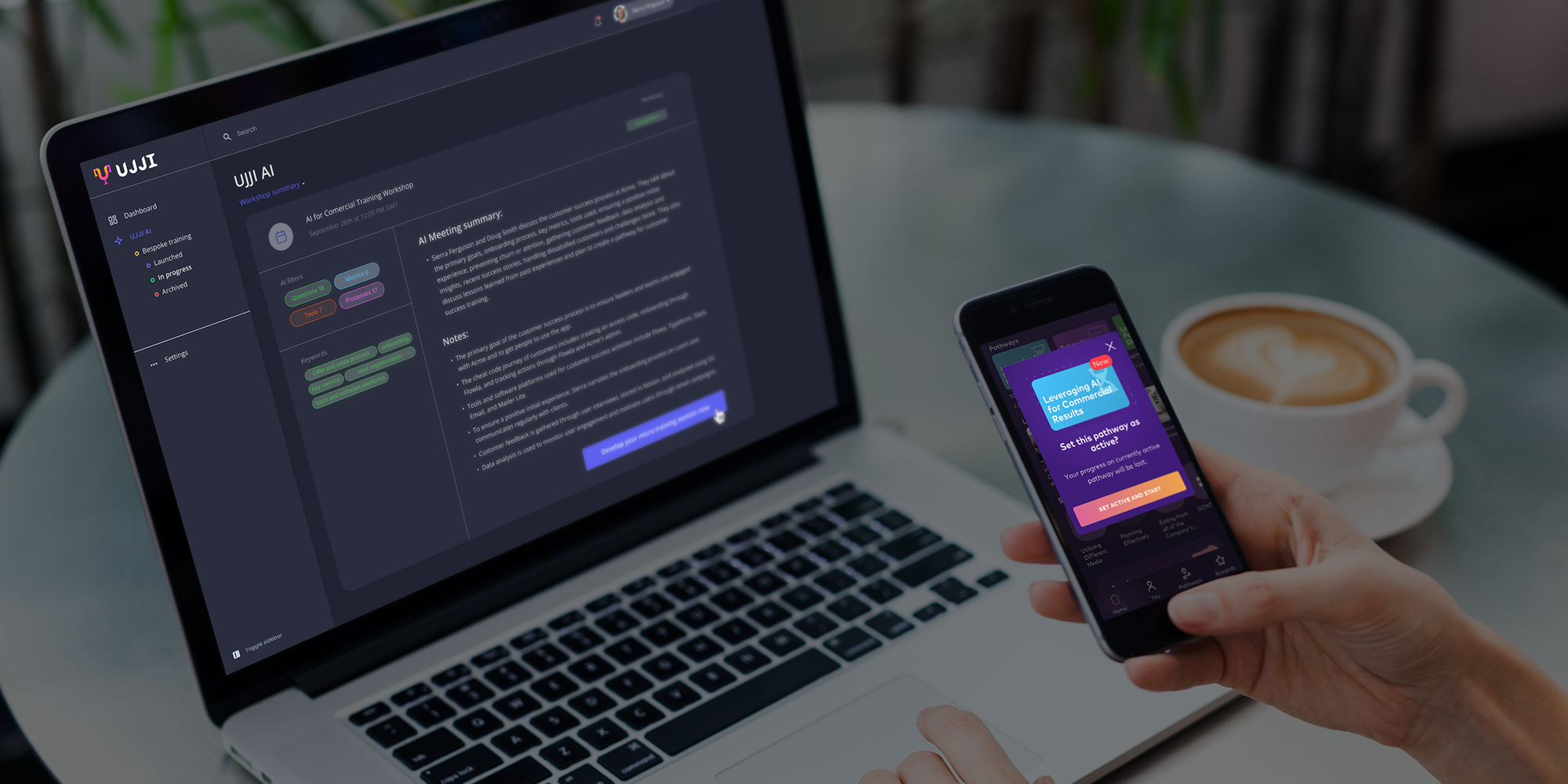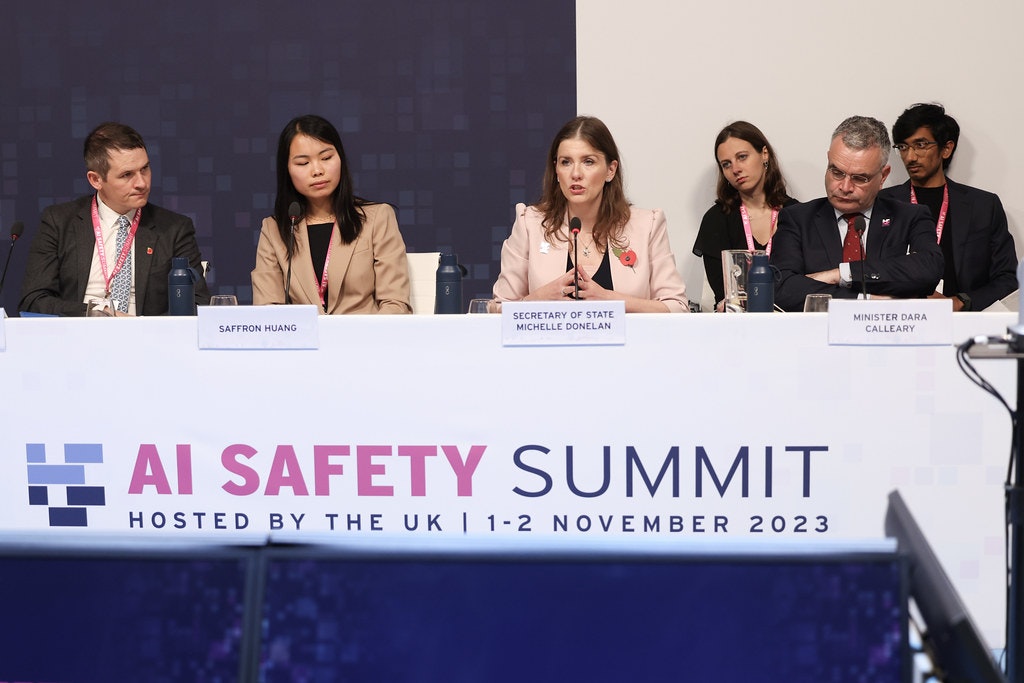It is that time of year when all the tech predictions for 2019. We have summarised what CB Insights, Deloitte and GP Bullhound are expecting:
- The car becomes a subscription good. All the car manufacturers are working on this one (an interesting round-up from Sarwant Singh, partner at Frost & Sullivan here) but this hasn’t quite gone mainstream yet. Maybe in 2019.
- Massive simultaneous online social communities become big. The smartphone gameshow app HQ Trivia was meant to be a sign of things to come. One contributing editor to The Atlantic saw it has the harbinger of dystopia and some traditional gameshows like Deal or No Deal have taken notice. But we’re not all playing online just yet.
- People take cyber security into their own hands. Hmm, no, last time we checked people were still as apathetic on security as before.
Hyper personalisation of everything
For example Spotify has partnered with Ancestry to create playlists based on your heritage (if this means I am condemned to listening to nothing but traditional Finnish joiku it may not be an entirely good thing) or cosmetics companies capturing data on your skin tone to recommend the perfect foundation.5G
Deloitte expects 25 network operators to launch 5G networks next year, with double that number to follow in 2020. That said, 5G will still be pretty small scale in 2019. We’ve sifted through some of the the 5G hype in more detail here.AI becomes Augmented Intelligence
It becomes part of almost every job, and people lose their fears about AI as it becomes apparent that these technologies can enhance jos. Apprentice.io, for example, is helping biotech and pharmaceuticals researchers work more efficiently. AI is likely to be powered by Chinese chips, as the country invests aggressively in developing semiconductors specialised in handling machine learning tasks. AI does create opportunities too for European companies like Bristol-based Graphcore, which are developing new chip structures.Smart speakers learn new languages
At the end of of 2017 sales of smart speakers - internet-connected speakers with integrated voice assistants - were confined to the English-speaking market with 95% of sales in the US and UK. Now they are spreading to markets where people speak Mandarin, Cantonese, Spanish, French and Italian.eSports go mainstream
People will still watch a lot of traditional sports on TV, but the audience for watching competitive video games play will expand rapidly. Deloitte expects 35% growth in the North American market.3D printing
It becomes easier to print larger objects and use a wider variety of materials. Increasingly people will be printing in metal rather than plastic.Quantum computing
In 2019 we could see the first example of ‘quantum superiority” where a quantum computer performs a task that no classical computer can practically solve. But don’t expect commercial general purpose quantum computers until 2030 at the earliest.Digital banking continues to rise
Revolut, the London-based fintech company just won a European banking licence, the latest sign of how the “challengers” are now becoming the new establishment. GP Bullhound expects to see more institutional capital flow into blockchain.App distribution moves away from Apple and Google
Games developers such as Epic Games, maker of Fortnite, have started to push back against the 30% commission that Apple and Google charge in their app stores. Other big tech companies with well-established consumer bases could start to do the same.Employee engagement goes high-tech
HR departments are increasingly interested in using AI. On the flip side, employees are using tech platforms such as Organise to campaign for better working conditions.Subscriptions eclipse advertising
As concerns about data misuse grow and people become ever more weary of digital distraction, consumers become more willing to pay for an ad-free experience.Smarthomes for senior citizens
Amazon, for example, was granted a patent to detect ‘abnormal’ voice conditions such as sore throats, excess coughing and even sadness. This kind of tech could alert relatives in case of illness. Unless this is seen as ‘creepy’ in which case we could see a backlash.Retail is about “moments” not malls
We’ll be shopping, for example, during cab rides and at railway station pods, while the traditional shopping centres continue to atrophy.Maps start to do more for us
They won’t just show the location of the bar but recommend places based on where you have been drinking in the past. They will connect you with nearby drinking buddies.Robots start delivering your food and shopping
Getting autonomous vehicles to drive short distances is one of the easier tasks on the self-driving ticklist, and last-mile deliveries are one of the most expensive parts of logistics companies’ ecosystem. A match made in heaven, surely? Starship is getting some competition in this space as Cleveron, an Estonian rival, recently unveiled its own courier robot prototype. Expert to see more attempted muggings of these delivery bots, though.Data becomes a geopolitical issue
This is already happening but expect more restrictions on where you can keep and transfer data.Digital business innovation comes from China
China is already the place to look to see what app, filter or overlay your teenage kids will be using next, and for how you will be making payments over your phone. But you can expect more innovation as China builds up one of the most formidable broadband networks in the world - both fixed-line and in 4G/5G mobile services - giving its citizens access to hyperfast speeds.Electric vehicle makers expand into lifestyle products and services
Take your electric car to a charging station and order a coffee or curl up in a nap pod you wait. It is already happening in China and Elon Musk has his eye on something similar.Digital swag becomes an even bigger business
Excellent news for people who love Fortnite skins and CryptoKitties.Your home becomes a health clinic
Home kits will allow you to do everything from sequencing your DNA to mapping your microbiome.
[box title="What they got wrong for 2018"]
Here are a couple of CB Insights predictions for this year that didn’t quite come true:
[/box]
Photo by Elena Koycheva on Unsplash


